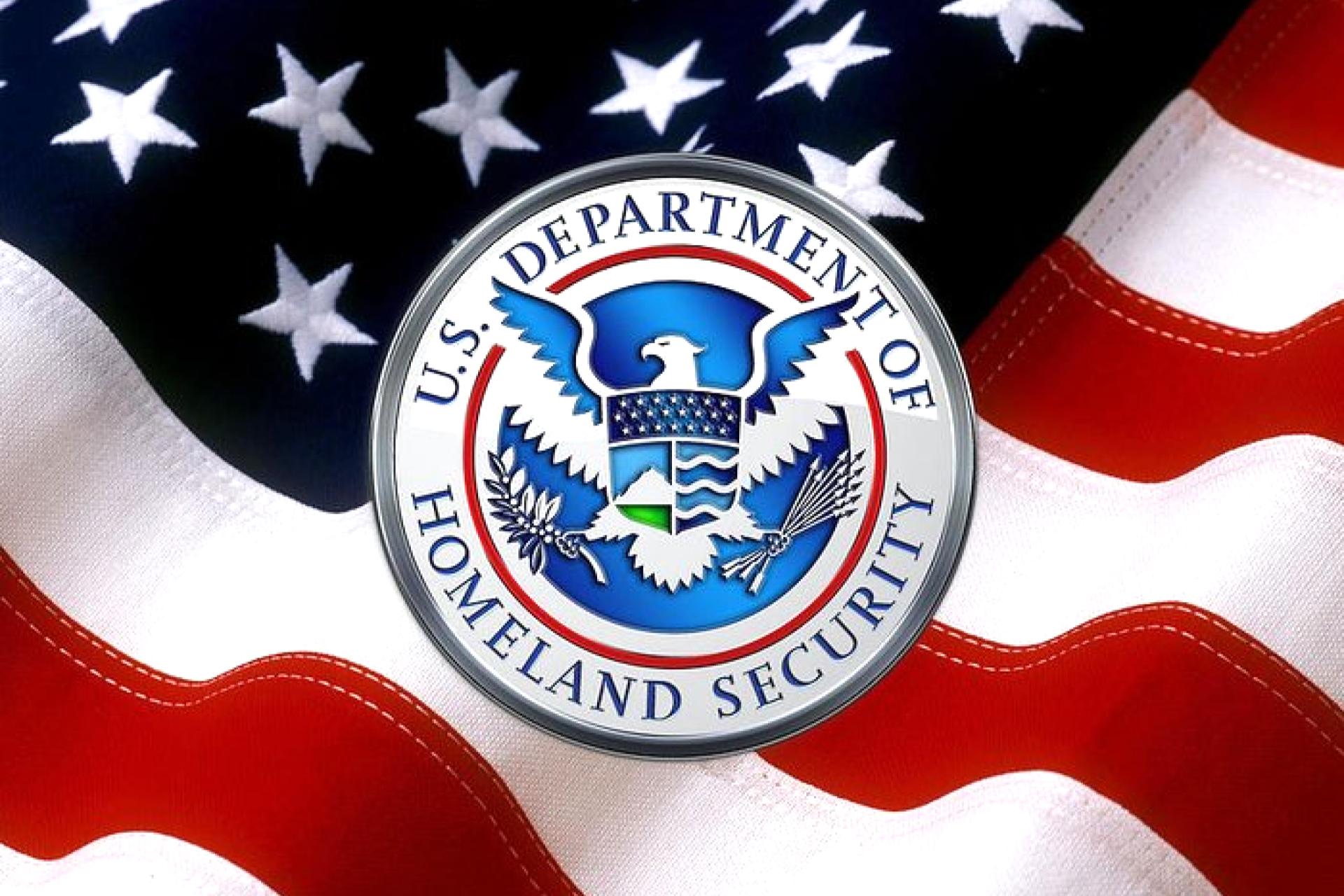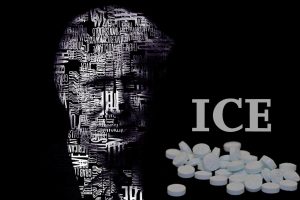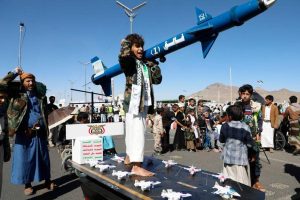What Does DHS Do? – DHS the Department of Homeland Security helps American citizens by:
Helping When Disaster Strikes
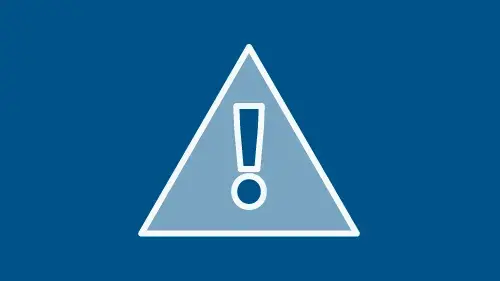
The Department of Homeland Security (DHS) is responsible for preparing for disasters and responding to disasters when and if they happen. Whether it is the Federal Emergency Management Agency (FEMA), the U.S. Coast Guard, or Customs and Border Protection, DHS makes sure that communities across the country have what they need to prepare for and respond to emergencies of all kinds.
Whether it’s a hurricane, an earthquake, a flood, or a terrorist attack—when an emergency happens DHS is there, working side-by-side with local leaders and residents to help communities respond and recover.
Help Communities Plan and Prepare
Imagine a world where a terrorist attack or natural disaster causes little damage, no deaths, and only a few injuries. This is the future DHS is aiming for. How are they doing it? By helping communities make smart decisions now that will help stop or reduce damage from future emergencies.
Respond During Emergencies Search and Rescue
When the going gets tough, DHS is always there. When Hurricane Katrina devastated New Orleans in 2005 and caused lots of Americans to be trapped by rising water, DHS was there to help. Using Coast Guard helicopters and boats, hundreds of people were rescued from roof tops or other places they used trying to escape the water. No matter what or where the emergency is, when disaster strikes, DHS will be there to help save lives.
Provide Support – Food, Shelter, and Money
A big disaster, such as a hurricane, might leave hundreds or even thousands of people without a house to live in or food to eat. DHS to the rescue! DHS works with state and local governments and other relief agencies like the American Red Cross and The Salvation Army to provide food and help people find places to live. DHS also gives out millions of dollars to help people fix or rebuild their damaged houses.
Protecting Our Economy

The economy is made up of buyers and sellers and includes all the things that we make in our factories and sell to other countries, and the things we buy from other countries. It also includes things we buy from and sell to each other, like trucks and trains that move stuff from factories to stores, farms that grow the food we eat, and boats and planes that take things we make to other countries. The economy includes jobs we have and money we have in the bank. Everything we make, or buy, or sell, or do, is part of the economy. One of the Department of Homeland Security’s (DHS) biggest jobs is to protect this country’s economy. Here are some of the ways it does that.
Enforce Our Trade Laws
Trade laws help make sure that everybody plays by the rules when it comes to buying and selling things. Some businesses might try to sell fake products, or try not to pay the taxes they owe, or maybe steal some business secrets. DHS checks the things (called goods) coming into and going out of the U.S. to make sure they are safe and ensure that businesses follow the rules.
Guard Our Transportation System
The economy depends on the transportation system—the planes, trains, boats, cars, trucks, subways, and other things—that move people and the things we buy and sell around. DHS works with other government agencies to protect the train stations, airports, bridges, ports, and highways to make sure the economy keeps moving.
Patrol Our Rivers, Lakes, and Oceans
Lots of goods move aboard ships and big flat-bottomed boats, called barges. The U.S. Coast Guard is the part of DHS that keeps our waterways safe and open for business. The Coast Guard patrols our rivers, lakes, and oceans with small boats, big ships, planes, and helicopters. They guard our coasts to make sure nobody tries to sneak drugs, other bad things, or people into our country. The Coast Guard takes care of light houses, buoys, and other navigation devices. They use icebreakers to keep frozen waterways open. DHS rescues people from sinking boats or natural disasters and enforces laws on the waters near the United States. The Coast Guard also protects fish, manatees, whales, and other marine life from polluters, illegal fishing, and other threats.
Protecting U.S. Borders
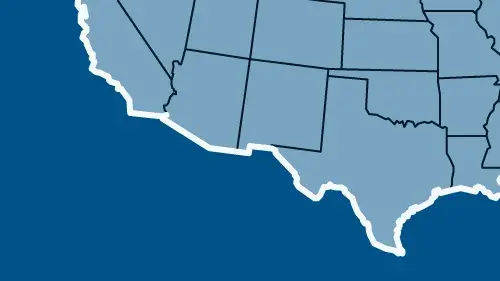
The Department of Homeland Security (DHS) protects our country’s borders and manages the flow of people and products into and out of the United States. Here are some of the ways they do this.
Protect and Manage Air, Land, and Water Borders
DHS guards our land borders with Canada and Mexico, and patrols our coasts including the Atlantic, Pacific, and Arctic oceans, as well as the Gulf of Mexico. They also guard our ‘borders in the air’ at each airport where planes from foreign countries land. Whether it’s a Customs and Border Patrol agent on horseback, a Coast Guard member on a boat, or a Transportation Safety Administration employee at an airport, DHS employees are working to protect our borders.
Work Around the Globe to Secure the Nation
While its agents patrol the land border and shoreline, other teams of DHS employees are working to stop criminals and illegal activity before reaching the United States. DHS partners with other countries and international law enforcement organizations to identify, research, and restrict criminals who live outside of the United States and try to smuggle drugs, people, or conduct other illegal activities within the United States.
Enforce U.S. Immigration Laws
DHS employees enforce the law, including immigration laws, to make sure that only U.S. citizens and visitors with permission live in the United States. They make sure that travelers who are visiting here go home when they are supposed to, and they make sure that people who aren’t supposed to be here are safely returned to their country.
Manages Immigration Benefits for New Citizens
DHS works hard to make sure people from other countries who want to come to the United States follow the right steps to live in or visit the United States legally. If immigrants and visitors follow the correct process, DHS helps to make sure that they have the same rights and benefits as the rest of us.
Securing Cyberspace and Critical Infrastructure

Computers are everywhere in modern life (in case you forgot, you’re using one now.) Computers are used to control what’s called ‘Critical Infrastructure’ – a fancy way of saying ‘important things,’ like our water supply and our electricity. Computers and the networks that connect them are sometimes called ‘cyberspace,’ and cyberspace contains lots of information that criminals would like to steal if they could. Protecting cyberspace is called ‘cybersecurity,’ and the Department of Homeland Security (DHS) has got it covered!
CISA, which stands for the Cybersecurity and Infrastructure Security Agency, is in charge of protecting the United States from attacks on our important, computer-connected things—our critical infrastructure. Here are some of the ways DHS protects our computers and the information they hold.
Protect the Government’s Computer Networks
The U.S. Government is big, and so are the computer networks that it uses. These networks store important information about laws and government programs, and even secret information about special government operations. It’s the duty of DHS to protect government computer networks from cybercriminals who want to steal, erase, or corrupt the information stored on them.
Strengthen the Security of Critical Infrastructure
Nuclear power plants, water treatment facilities, and cell phone and Internet service providers all operate powerful equipment that is connected to large computer networks. DHS works with these businesses to show them how to make their networks and equipment more secure.
Study the Latest Technology for Risks
DHS is constantly studying and testing the latest technology to try to find out if that technology has any weaknesses that criminals might use to attack us or steal from us, and then try to fix those problems before anything happens. They work with the best scientists and experts in both government and business to try to keep our networks and information safe.
HLS.Today Source: DHS.GOV


